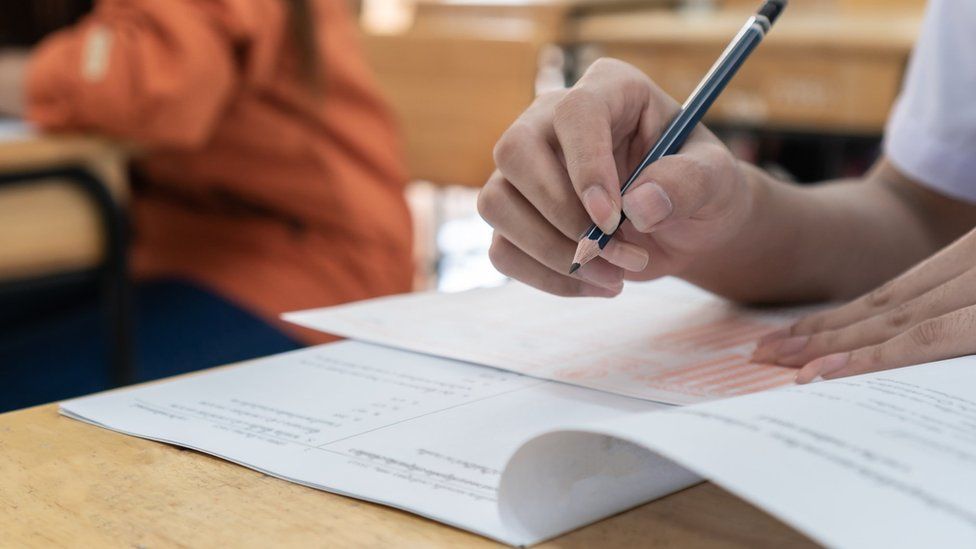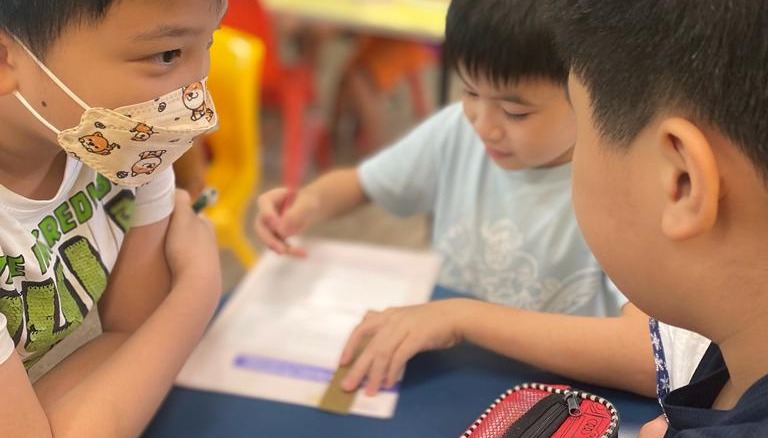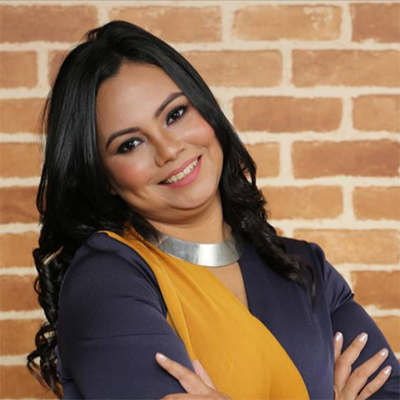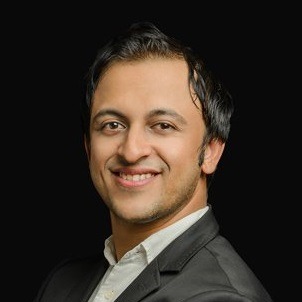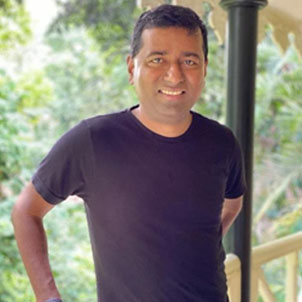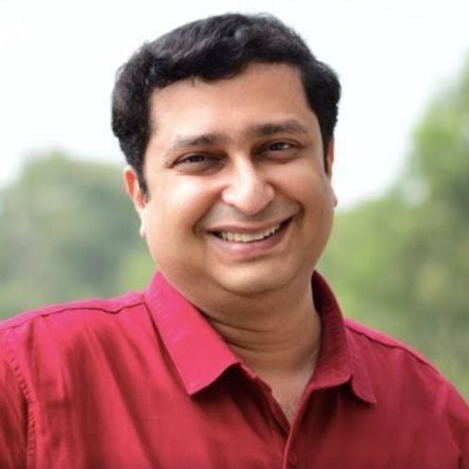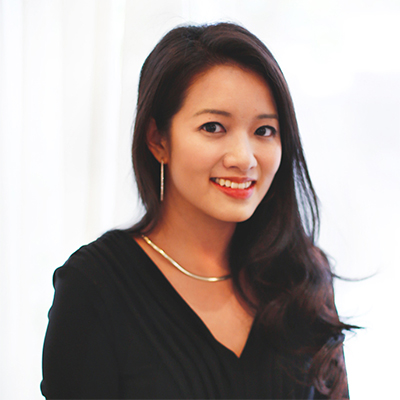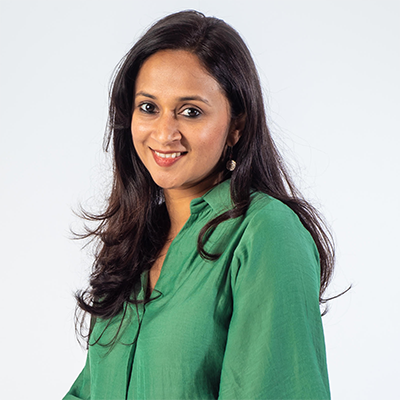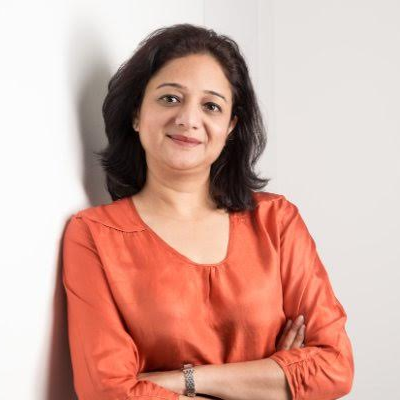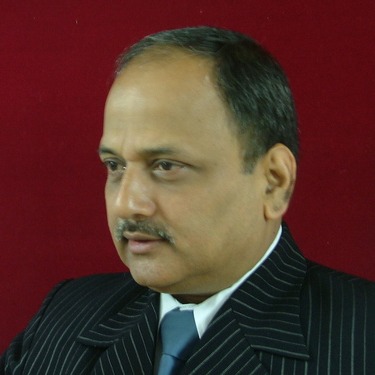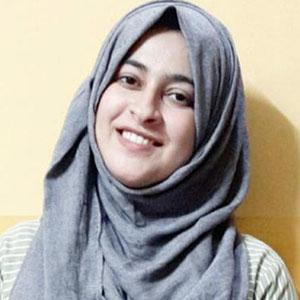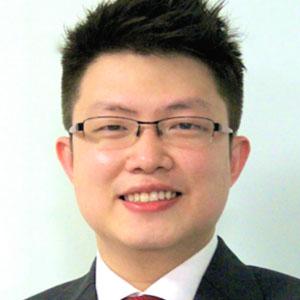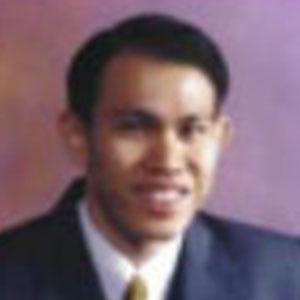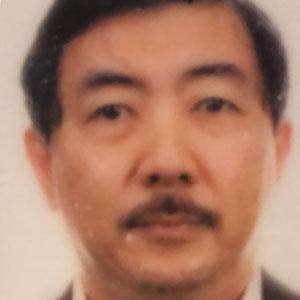Unveiling the Origins of Examinations: Who is the Inventor of Examination

Curious to know who discovered exams? Examinations have long been an integral part of the educational system, serving as a benchmark for assessing knowledge, skills, and understanding. The history of exams is a fascinating journey that traces its roots back to ancient civilizations. In this blog, we will delve into the origins of examinations, exploring the minds behind the invention of exams, and shedding light on the evolution of this educational practice.
But before we dive into who discovered exams let us explore how traditional examination and entrepreneurship assessment differ in assessing a child’s abilities and growth—and whether traditional exams truly measure the skills needed for entrepreneurship.
From Exams to Experiments: Why Entrepreneurship is the Ultimate Test for Kids
📌 Key Idea: Instead of just preparing kids for exams, should we be preparing them for real-world problem-solving, adaptability, and creative thinking? We believe that in future people would be searching for who discovered exams or assessment for early entrepreneurship education.
💡 Comparison between traditional exams and entrepreneurship assessments
- Exams test memorization, accuracy, and structured responses—essential for academic success.
- Entrepreneurship tests creativity, problem-solving, adaptability, and resilience—essential for real-life success.
🧩 4 Powerful Reasons to Rethink Standardized Testing:
- Failure in Exams vs. Failure in Entrepreneurship – Exams penalize mistakes, while entrepreneurship turns mistakes into learning opportunities.
- Fixed vs. Growth Mindset – Exams promote a right-or-wrong mindset, while entrepreneurship encourages iterative thinking and innovation.
- Performance Under Pressure – Exams measure timed recall, but entrepreneurship challenges kids to think, pivot, and act under uncertainty.
- Real-World Application – Exams assess what kids know; entrepreneurship tests how they apply knowledge to solve problems.
Read about infusing entrepreneurship into K12 education
I. Ancient Beginnings: Who Discovered Exams

The concept of examinations can be traced back to ancient civilizations, where assessments were conducted to evaluate individuals’ knowledge and competence. One of the earliest instances can be found in ancient China during the Han Dynasty (206 BCE – 220 CE). The imperial examinations were established to select qualified candidates for civil service positions based on their knowledge of Confucian classics and literature.
Similarly, in ancient Greece, the philosopher Socrates employed a method of questioning and dialogue, known as the Socratic method, to examine and evaluate the knowledge of his students. Although not a formalized exam, it laid the groundwork for critical thinking and intellectual inquiry.
II. Medieval Europe: The Birth of Formal Examinations: Who Discovered Exams

The formalization of examinations in Europe can be attributed to the medieval university system. In the 11th and 12th centuries, universities emerged as centers of learning, and the need for a structured assessment of students’ understanding became apparent. The University of Bologna, founded in 1088, is often credited as the first university to establish formal examinations.
Initially, these exams were oral in nature, with students defending their theses and engaging in scholarly debates. Over time, written examinations gained prominence, providing a standardized method for evaluating a large number of students.
III. The Renaissance and the Rise of Written Exams: Who Discovered Exams

The Renaissance period (14th to 17th centuries) marked a significant shift in the approach to education and examinations. With the invention of the printing press in the 15th century, written materials became more accessible, leading to a greater emphasis on written exams. Scholars and educators began to recognize the efficiency and fairness of written assessments in evaluating a broad range of subjects.
One notable figure from this era is Philipp Melanchthon, a German reformer and educator. Melanchthon played a crucial role in shaping the educational system and is often credited with formalizing the use of written exams as a means of assessment. His efforts contributed to the establishment of a more structured and organized examination process within educational institutions.
IV. The Industrial Revolution and Standardized Testing: Who Discovered Exams

The 19th century witnessed the onset of the Industrial Revolution, bringing about significant changes in society and education. The need for a standardized method of assessing large populations became apparent, leading to the development of standardized testing.
One of the pioneers in this regard was Sir Francis Galton, a British polymath, and cousin of Charles Darwin. Galton’s work in eugenics also extended to the field of education, where he proposed the use of standardized tests to measure intelligence and aptitude. His ideas laid the groundwork for the development of intelligence testing in the early 20th century.
V. The 20th Century: Evolution of Examinations: Who Discovered Exams

The 20th century witnessed a rapid evolution in examination methods, driven by advancements in psychology, technology, and educational theory. Psychologists such as Alfred Binet and Theodore Simon developed the first intelligence tests, aiming to measure cognitive abilities and identify learning disabilities.
The College Entrance Examination Board (College Board), established in 1900, introduced the Scholastic Aptitude Test (SAT) in the United States. The SAT aimed to provide a standardized measure of college readiness, influencing college admissions processes across the nation.
VI. Contemporary Challenges and Innovations: Who Discovered Exams

As we step into the 21st century, the landscape of examinations continues to evolve. The traditional pen-and-paper exams are facing challenges as educators explore alternative assessment methods, including project-based assessments, online exams, and competency-based evaluations.
The advent of technology has also played a significant role in shaping the future of examinations. Online platforms, artificial intelligence, and machine learning are being integrated into assessment processes to provide more personalized and efficient evaluations.
VII. Conclusion: Who Discovered Exams

The invention and evolution of examinations have been a dynamic and multifaceted journey, shaped by the needs and philosophies of different eras. From the ancient oral exams of China to the standardized tests of the 20th century, examinations have played a crucial role in shaping educational systems worldwide.
While the inventor of examinations cannot be attributed to a single individual, the collective contributions of philosophers, educators, and thinkers across centuries have laid the foundation for the assessment practices we see today. As we navigate the challenges and innovations of the 21st century, the story of examinations continues to unfold, reflecting the ever-changing nature of education and the pursuit of knowledge.


